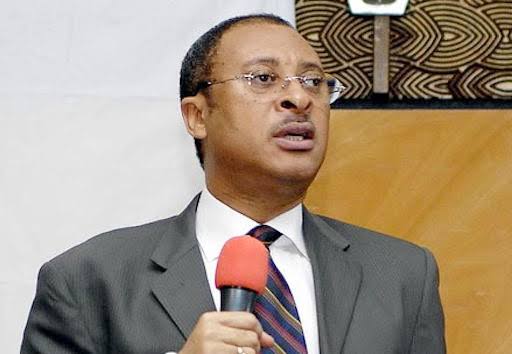909
By Tracy Moses
Nigeria’s strides in digital mining governance have drawn regional acclaim, as a high-powered delegation from the Economic Community of West African States (ECOWAS) concluded a technical visit to the Mining Cadastre Office (MCO) in Abuja on Friday, 16th May 2025.
The visit is part of ECOWAS’s broader effort to establish a unified Geo-Extractive Observatory and Mining Cadastral System across member states.
Led by Mr. William Badieo of the ECOWAS Commission, the delegation included national representatives and sector experts who commended Nigeria’s pioneering Electronic Mining Cadastre Plus (EMC+) system, a web-based platform introduced in November 2022 to enhance transparency and ease of doing business in the mining sector.
Addressing the delegation, Director-General of the MCO, Engr. Obadiah Simon Nkom, described the visit as a milestone not only for the agency but for Nigeria’s entire extractive industry.
“Our transition from manual, paper-based processes to a digital, GIS-enabled platform positions Nigeria as a trailblazer in Africa’s mining sector,” Nkom said. “The goal is not only national development but continental collaboration.”
Nkom noted that Nigeria’s reform agenda, underpinned by the 2011 Mining Regulations, reflects a deliberate move toward a transparent and professionally managed sector. “This system is built by technical experts engineers, geologists, not politicians. And that’s what builds investor trust,” he stated.
He also conveyed the support of the Minister of Solid Minerals Development, Dr. Dele Alake, for the regional initiative. “The Honourable Minister is fully behind this project. He strongly advocates for regional integration and believes in creating a seamless, investor-friendly ecosystem for West Africa,” Nkom added.
In his remarks, Mr. Badieo explained that the visit aimed to assess Nigeria’s progress as a reference point for the regional mining data integration project.
“We are now in the implementation phase,” he said. “The first feasibility study confirmed viability. This second stage focuses on operational readiness, and Nigeria is clearly ahead of the curve.”
Praising Nigeria’s EMC+ system, Badieo said, “What we saw today goes beyond theory. This is a fully functional, transparent and accessible system that stands as a model for the region.”
Echoing this sentiment, Mr. Eugene Norman, who heads Sierra Leone’s Mining Cadastre Office and is part of the ECOWAS delegation, stressed the importance of learning from Nigeria’s experience.
“Member states operate different systems, but we are working toward a harmonized approach. Nigeria’s progress offers valuable lessons, what to emulate, what to improve,” he said. “Peer learning like this is essential for raising standards across the board.”
Mr. Madu Hassan Fika, Chief Geologist at Nigeria’s Ministry of Petroleum and an ECOWAS delegate, described his experience with the EMC+ as transformative.
“It was eye-opening. I honestly did not expect such an advanced digital platform,” Fika said. “This has changed my understanding of how far Nigeria has advanced in digital governance of its mining sector.”
Fika emphasized that regional standardization of digital systems would boost transparency, investor confidence, and competitiveness. “Nigeria has the capacity and experience to lead this transformation,” he noted.
The delegation is in Nigeria to finalize the technical review of a second feasibility report that will guide the development of a unified regional mining and extractive database.
Nigeria’s EMC+ platform, is designed by the MCO, enables real-time online management of mining titles, from application to renewal, ensuring transparency and efficiency for both investors and regulators.



